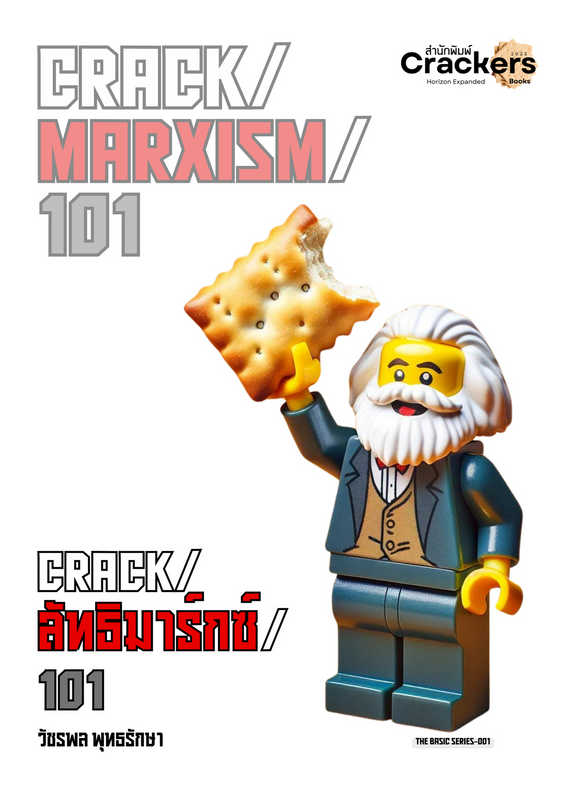

“John Stuart Mill’s On Liberty": A Concise Overview
John Stuart Mill’s “On Liberty” is a seminal work in political philosophy and ethics, exploring the nature and limits of the power that society can legitimately exercise over the individual. Written in 1859, the essay champions individual freedom and autonomy while addressing the complexities of societal control and individual liberty.
Key Points
1. Harm Principle: Central to Mill’s argument is the harm principle, which states that the actions of individuals should only be limited to prevent harm to other individuals. Mill asserts that society should only exercise power over an individual against their will to prevent harm to others, thus safeguarding personal liberty and autonomy (Miller, 2021).
2. Freedom of Thought and Expression: Mill strongly defends freedom of thought and expression as fundamental to personal and societal progress. He argues that all ideas should be freely discussed and debated, as this process leads to the discovery of truth and the rejection of falsehoods. Mill believes that silencing any opinion is wrong, as it robs the human race of the opportunity for intellectual and moral growth (Macleod, 2021).
3. Individuality and Personal Development: Mill emphasizes the importance of individuality as a core component of well-being and progress. He believes that allowing individuals to pursue their own paths and make their own choices leads to greater happiness and fulfillment. This principle supports the idea that diversity in modes of life and character is beneficial for society (Sanjuán, 2018).
4. Limits of Authority: Mill discusses the limits of societal authority and the importance of protecting individual liberties from both governmental and social tyranny. He critiques the “tyranny of the majority” and stresses that personal freedoms should not be infringed upon by societal norms or pressures unless absolutely necessary to prevent harm (Mabsout, 2021).
5. Application in Modern Contexts: The principles outlined in “On Liberty” continue to be relevant in contemporary discussions on public health, free speech, and individual rights. For instance, during the COVID-19 pandemic, debates around lockdowns, mask mandates, and vaccinations have invoked Mill’s harm principle to balance individual freedoms with public health concerns (Miller, 2021).
Conclusion
John Stuart Mill’s “On Liberty” remains a cornerstone of liberal political thought, advocating for the protection of individual freedoms while recognizing the need for societal regulation to prevent harm. Its emphasis on free expression, personal development, and the limits of authority continues to influence contemporary debates on liberty and governance.
References
• Macleod, C. (2021). Mill on the Liberty of Thought and Discussion. The Oxford Handbook of Freedom of Speech. Link
• Mabsout, R. (2021). John Stuart Mill, soft paternalist. Social Choice and Welfare, 58, 161-186. Link
• Miller, F. (2021). Liberty and Protection of Society During a Pandemic: revisiting John Stuart Mill. Perspectives in Biology and Medicine, 64(2), 200-210. Link
• Sanjuán, C. R. (2018). John Stuart Mill on the relation between society and individual regarding personal liberty. Russian Sociological Review, 17(3), 66-88. Link

สั่งหนังสือทุกเล่มของ Crackers books
สั่งหนังสือทุกเล่มของ Crackers books


สั่งหนังสือทุกเล่มของ Crackers books
สั่งหนังสือทุกเล่มของ Crackers books













